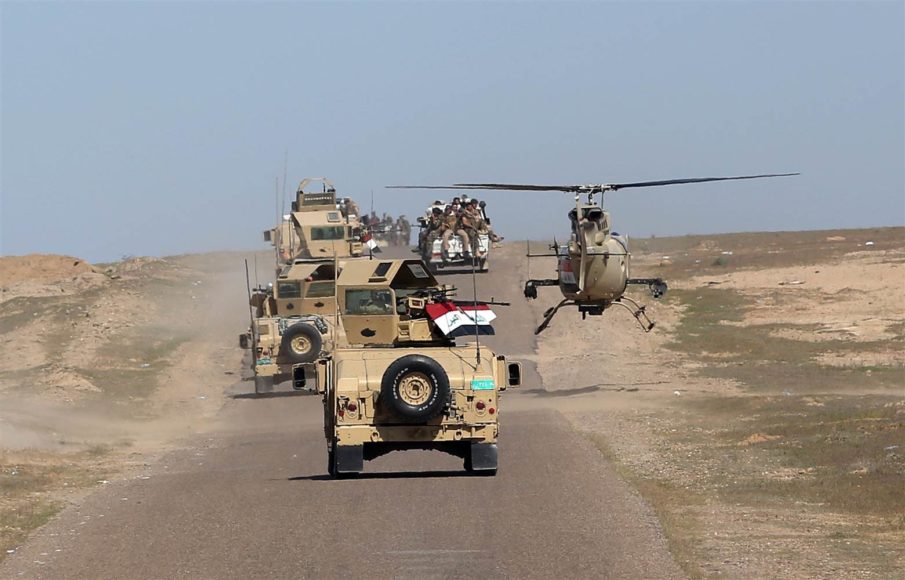Islamic State braces for imminent Iraqi siege to retake Mosul
AI Overview
Summary is AI-generated, newsroom-reviewed.
For months, the Iraqi government has been preparing to launch an offensive to recapture the country’s second largest city, Mosul, from the Islamic State. Now, there are clear signs that the militants believe it is imminent. The extremist group’s fighters have sent their wives and childre
Read the full article for more on:
- Important insights and detailed analysis
- Expert commentary on current events
- Breaking developments and updates

For months, the Iraqi government has been preparing to launch an offensive to recapture the country’s second largest city, Mosul, from the Islamic State. Now, there are clear signs that the militants believe it is imminent. The extremist group’s fighters have sent their wives and children to Syria and Turkey, pulled their black flags from buildings to hide potential […]

What readers are saying
Generating a quick summary of the conversation...
This summary is AI-generated. AI can make mistakes and this summary is not a replacement for reading the comments.









COMMENTS